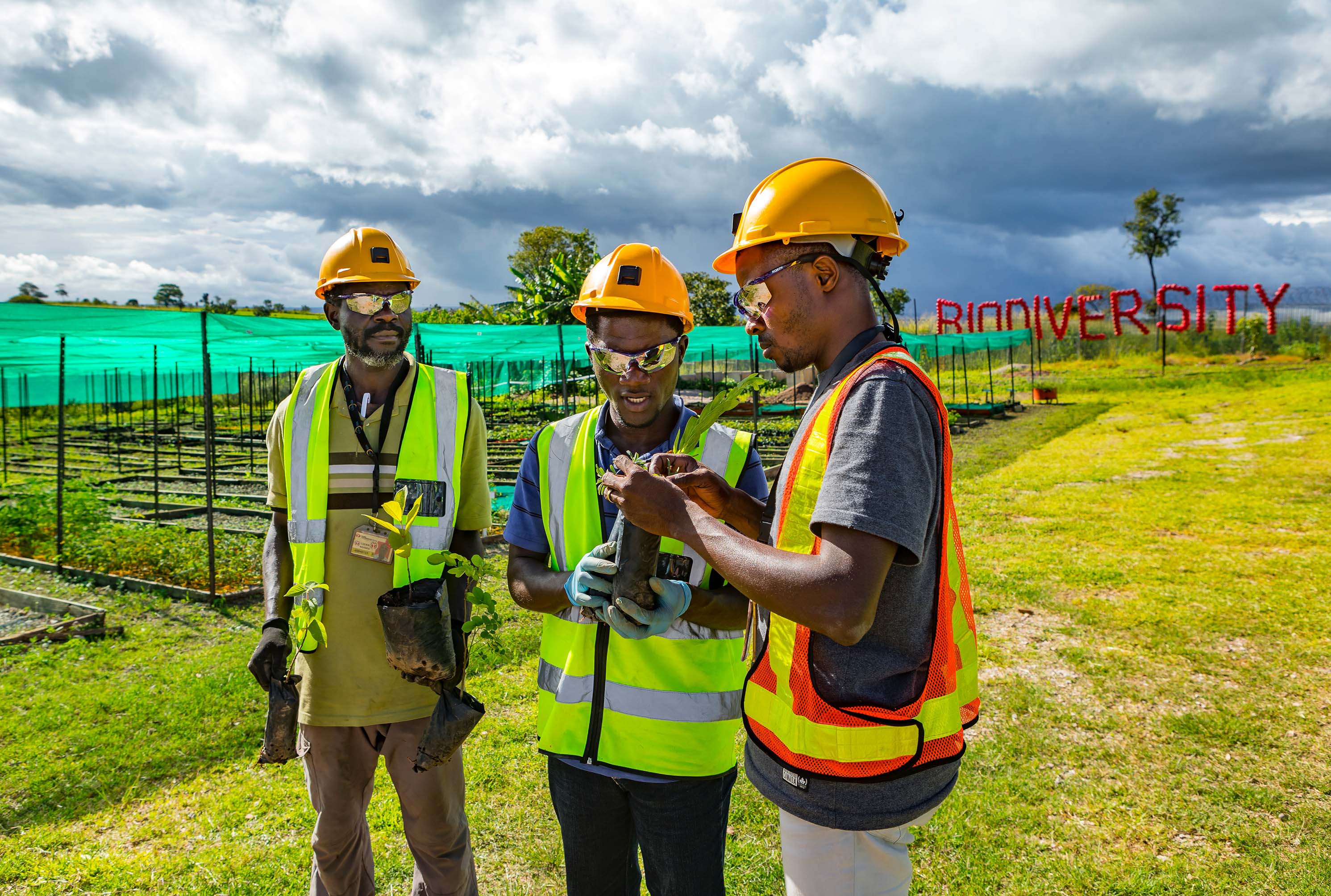2020-12-29 13:47:24
Discovered by chance more than 50 years ago, the metallophytes from the copper-cobalt deposits in southern DRC quickly aroused the curiosity of many researchers of ecology and evolution. The plants here contain very high levels of copper and cobalt, which are supposedly toxic to them. Nearly 600 species of metallophytes are identified in nearly 60 botanical families by researchers, 10% of which are endemic to this region.
TFM, fully aware of the threat of its operations on biodiversity, started a cooperation with experts from the University of Liege (Belgium) from the very beginning of its development in 2007. Back then, TFM took an inventory of all the plant species in the concession and built up a valuable database, listing 40 phyla as 'Species of Concern', laying the groundwork for future plant sampling and conservation. As the mining team on site did not know much about plant protection, TFM’s Environment department and Belgian experts developed and implemented a number of conservation plans:
· Establish seed banks and botanical gardens. During the initial development phase, TFM would set up temporary protected area to ensure the supply of propagules for the botanical gardens and seed banks. The experts need to study the behavior of seeds and individuals in order to maximize success rate. To ensure the security of seed lots, the team solicited the Botanical Garden of Meise (Belgium) for their expertise in the field of ex situ conservation. The seeds of the 40 taxa are thus conserved in DRC and Belgium. The collection totals several tens of millions of seeds.
· Create artificial ecosystem: the entire plant community is relocated to a man-made site, the team has to make sure that the size and shape of the receiving area is consistent with the original one. Since 2007, TFM has recreated nine artificial ecosystems that look identical to the original site.
· Construction of a biodiversity laboratory and nursery garden: in 2013, TFM and the University of Belgium decided to set up a special team to raise seedlings in a semi-closed environment, which will then be sent to botanical garden or to an artificial ecosystem once they have grown up a bit. Over the past three years, the TFM environmental team has transplanted more than 14,500 valuable seedlings into artificial ecosystems.
